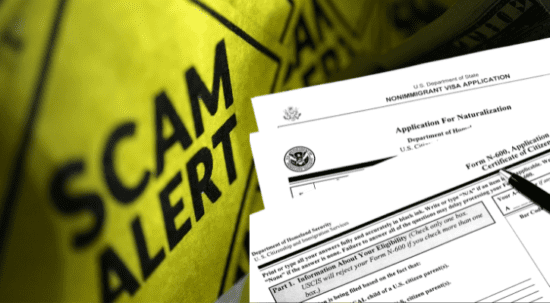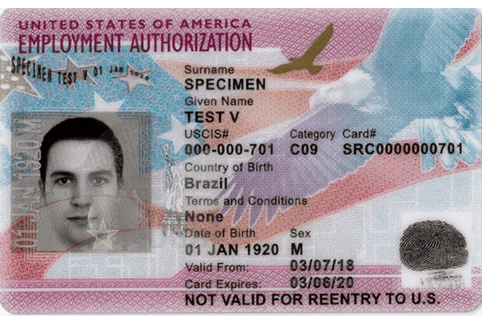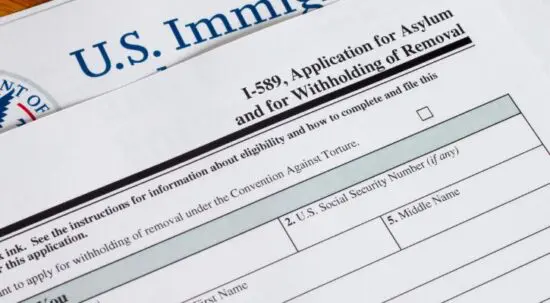Current status of TPS Venezuela
- The 2023 designation of TPS Venezuela has ended with some exceptions.
- Действие TPS для граждан Венесуэлы, получивших статус в 2021 году, закончилось 7 ноября 2025 года.
- Действие статуса TPS, полученного в 2023 и 2021 годах, истекло. Разрешение на работу лиц с истекшим статусом больше не действительно, если они не попадают под исключение.
- Есть исключения. Если вы повторно зарегистрировались по программе 2023 года и получили любой из этих документов до 5 февраля 2025 года, то TPS и разрешение на работу продлены до 2 октября 2026 года:
- An approval notice extending their TPS through October 2, 2026
- Уведомление о продлении разрешения на работу на срок до 540 дней
- An EAD that expires October 2, 2026
Need help sharing that your work permit extension is valid? You can use this letter with your employer.
Get updates on the status of TPS from the National TPS Alliance.
Изменения в венесуэльском TPS
Статус временной защиты (TPS) позволяет людям из определенных стран оставаться и работать в США, если их возвращение домой небезопасно из-за войны, стихийных бедствий или других чрезвычайных ситуаций. Предоставление TPS Венесуэле оспаривается в судах:
- 1 февраля 2025 г: Министерство внутренней безопасности США (DHS) объявило о своем решении прекратить действие TPS для Венесуэлы.
- 31 марта 2025 г: Судья заблокировал прекращение действия статуса TPS в 2023 году с помощью процедуры, называемой судебным запретом.
- 19 мая 2025 г: Верховный суд отменил судебный запрет и разрешил правительству прекратить действие присвоение статуса 2023 года. Однако Верховный суд не сказал, было ли решение правительства прекратить действие статуса TPS для Венесуэлы в 2023 году законным или нет.
- August 29, 2025: A court decided the U.S. government could not end the 2021 designation early on September 10, 2025.
- September 3, 2025: DHS announced it will end the 2021 designation of TPS Venezuela. It will end 60 days from the Federal Register date.
- September 5, 2025: A judge ordered that the government’s decision to end the TPS designations for Venezuela was unlawful. This means both the 2021 and 2023 TPS designations for Venezuela are still in effect.
- October 3, 2025: The Supreme Court allowed the U.S. government to pause the previous court ruling continuing TPS Venezuela. Both 2021 and 2023 TPS holders are at risk of detention and deportation unless they meet an exception.
- This is not the final ruling on whether the government’s decision to end the TPS designation for Venezuela was legal.

Узнайте, как найти бесплатную или недорогую помощь у надежных иммиграционных адвокатов и законных представителей.
Что произойдет, если срок действия TPS истечет?
Если у вас нет другого легального иммиграционного статуса, кроме TPS, вы станете нелегалом и потеряете разрешение на работу. Если вы останетесь без легального статуса, вы рискуете быть задержаны и депортированы.
Как подготовиться
- Venezuelan Alliance offers legal help to Venezuelan immigrants in the U.S.
- Поговорите с иммиграционным юристом. Важно обратиться за юридической помощью и узнать о вариантах вашего пребывания в США.
- Подать заявление на другой иммиграционный статус если вы имеете на это право. Проверьте, имеете ли вы право на получение убежища, законного постоянного статуса (грин-карта) или других виз США.
- Будьте готовы к ICE. Узнайте, что делать, если у вас нет документов, а агенты приходят к вам домой или на работу. Знайте свои права и как составить план безопасности.
- Будьте в курсе. Узнайте больше об изменениях в иммиграции при новой администрации.
Еще от USAHello
Вы ищете какую-то конкретную информацию?
Информация на этой странице предоставлена DHS, USCIS, ASAP, и заимствована из других надежных источников. Наша цель — предоставить читателям понятную и актуальную информацию. Данная информация не равноценна юридической консультации.






